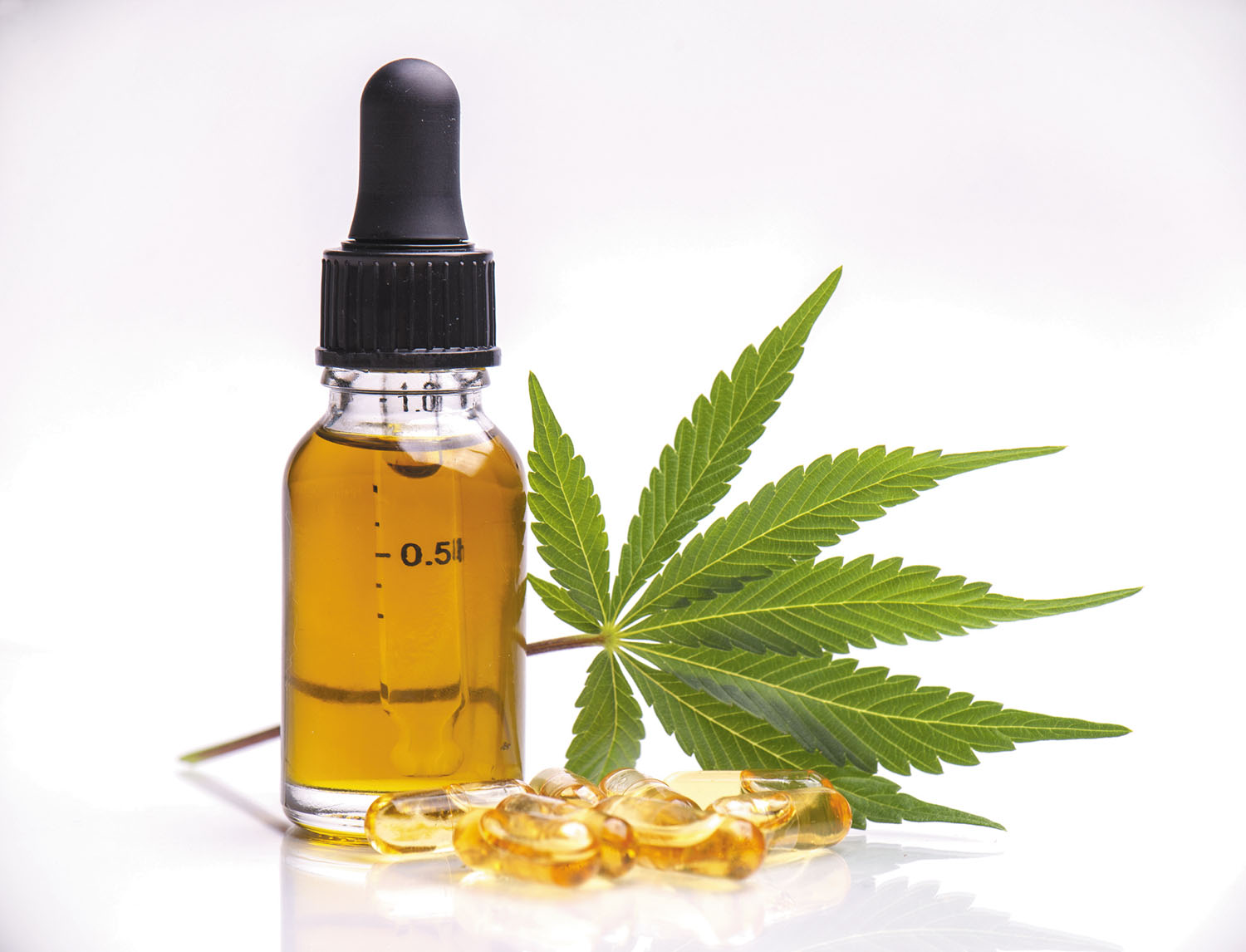It seems nowadays that CBD oil is used for any possible condition or discomfort that one may experience in their daily life.
From nausea to headaches, CBD can be a great option for alleviating the pain either through pills, sprays, or even a couple of drops in a morning cup of coffee.

Since various countries have passing different kinds of legislation in favor of cannabis, the acceptance of CBD has been heightened.
Canada only last year federally legalized the recreational use of marijuana. Two months later, the United States passed the Farm Bill of 2018, essentially permitting the distribution and sale of hemp and its derivatives, predominantly CBD.
CBD, or cannabidiol, is a non-psychoactive component found in the cannabis plant that, unlike THC, does not produce a euphoric high.
However, the substance does have incredibly heаlthy and therapeutic qualities for the human body.
With governments, medical professionals, the scientific community, and the general public welcoming CBD into their lives and work fields, more research has been conducted to review the positive effects of the substance.
Multiple studies have shown that CBD oil can be used to help treat different conditions, ranging from chronic pain to becoming the next step towards the development of cures for severe illnesses, such as Parkinson’s, Alzheimer’s, and Huntington’s Diseases.
One other disease that CBD can aid is IBD or inflammatory bowel disease. This particular illness is a collection of inflammatory diseases affecting the digestive tract.
The symptoms of IBD include severe cramping, bloating, and diarrhea. All of these effects of the disease can be painful and disruptive during the day.
CBD oil can be one of the best options in aiding those who unfortunately suffer through IBD.
Here are 5 things you did not know about the relationship between CBD oil and inflammatory bowel disease.
- CBD is good for Crohn’s Disease
IBD is referred to as an umbrella of the more severe illnesses that target the human
digestive tract, where one of those illnesses happens to be Crohn’s Disease.
According to Cool Things Chicago, Chrone’s disease is a chronic inflammation and irritation of the human digestive tract, where some of the common symptoms are pain, cramping, diarrhea, fatigue, and scarring of the intestines.
Researchers were able to conduct studies using intestinal biopsies from patients
diagnosed with ulcerative colitis, as well as the intestines of mice, in order to record the
correlation between CBD products and the human gut.
The studies found that CBD counteracted the highly inflammatory environment that
is caused by IBD, leading to a decrease in damage done to the intestinal walls.
Even though CBD research is only beginning to shift into the gastrointestinal sphere,
these two studies who promise in the substance aiding those suffering from IBD.
- Cannabis and IBD is more common than you think
Although the stigma surrounding CBD and marijuana is just being lifted, people have
been recognizing the potential of the substance, especially when aiding with digestive
tract illnesses.
A large number of people choosing to take cannabis as a form of treatment for their
IBD is staggering and quite surprising.
Surveys show that about 20% of IBD patients in the United States and Canada currently utilize cannabis and approximately 40% have tried CBD to alleviate the symptoms of IBD.
These patients utilize CBD to treat pain, loss of appetite, and diarrhea either orally
or through inhalation routes.
In 2016, there were almost 2,000 Australians that reported using cannabis as a form of treatment for a medical condition. Of those surveyed, over 200 people claimed that the
cannabis was used to manage symptoms of IBD.
So if you are a little skeptical about using cannabis for IBD, other people seem to be
satisfied and feeling better than without it.
- CBD and inflammation
Perhaps the most notable quality of CBD products are their anti-inflammatory properties
that can aid those experiencing those kinds of symptoms in their illnesses, such as an
IBD.
The majority of IBD patients have to deal with inflammation and irritation, which are
exactly the target points that CBD aims for.
Cannabis can reduce intestinal permeability in vivo and can be used in the treatment of
IBD and other related conditions.
- Methods to use CBD
CBD oil can be administered in different ways, and some may be better than others for a
specific symptoms of IBD.
According to CBD Kyro, there are pills and capsules, edibles, vaping, oils, and tinctures,
and skin creams and lotions that contain CBD and can be of help with IBD.
Pills and capsules, for example, should be used just to keep the symptoms at bay, while
vaping can handle any sudden flare-ups.
Edibles and oils are directly absorbed into the bloodstream and are usually used for those who have trouble swallowing pills. Lotions are utilized by those who have skin-related symptoms of IBD, such as eczema.
All in all, there are multiple forms of CBD treatments to choose from that can seriously
help those suffering from IBD.
- The science behind CBD and IBD
There is a reason behind the positive correlation between CBD products and
those experiencing symptoms of IBD.
Since the human body produces cannabinoids naturally through the endocannabinoid system, CBD is a safe treatment for multiple conditions.
The CBD administered can connect with receptors in the system as mentioned before. CB1 and CB2, the two most-studied receptors, are responsible for the gastrointestinal tract, nervous system, brain, and immune cells, which are areas of interest for IBD patients.
Thus, these effects provide a rationale as to the role of cannabis in the management of IBD and IBD-related symptoms.
With laws changing and people becoming more interested in the positive and healthy advantages of the substance, the market size for CBD has been transforming into one of the best investments.
According to Healthcare Weekly, predictions claim that the market size for CBD products should at least reach $20 billion by the year 2024, compared to the $270 million that was expected in 2018.
Although the studies for IBD are scarce, the research conducted as of now is extremely promising and successful in aiding the symptoms and overall well-being.


Leave a Reply